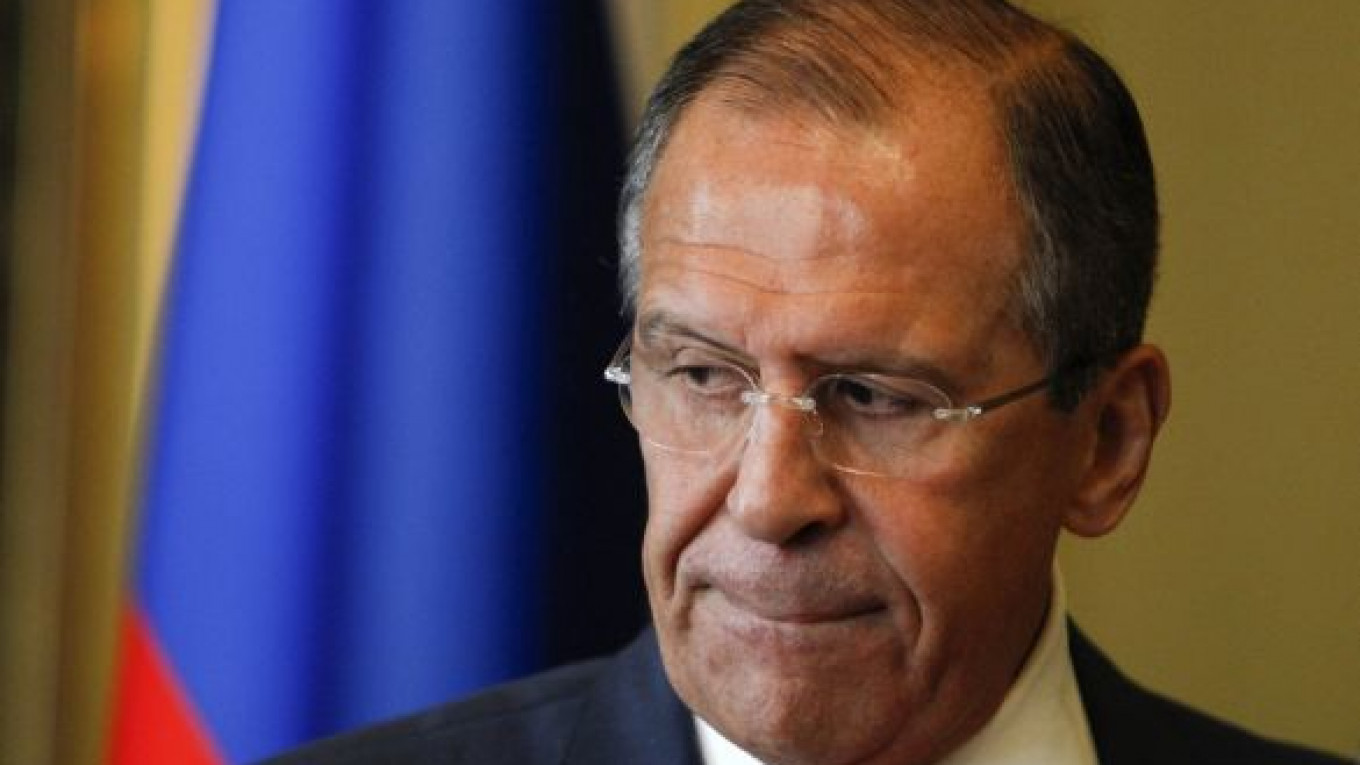The U.S. said Saturday that it would keep F-16 fighters and Patriot missiles in Jordan at Amman’s request, and Russia bristled at the possibility that they could be used to enforce a no-fly zone inside Syria.
Washington, which has long called for President Bashar Assad to step down, pledged military support to Syrian rebels this week, citing what it said was the Syrian military’s use of chemical weapons — an allegation Damascus has denied.
Defense Secretary Chuck Hagel has approved a Jordanian request for American F-16s and Patriot missiles to remain in the Western-backed kingdom after a joint military exercise there next week, a Pentagon spokesman said.
Western diplomats said Friday that Washington was considering a limited no-fly zone over parts of Syria, but the White House noted later that it would be far harder and costlier to set one up there than it was in Libya, saying the United States had no national interest in pursuing that option.
Russia, an ally of Damascus and fierce opponent of outside military intervention in Syria, said any attempt to impose a no-fly zone using F-16s and Patriots from Jordan would be illegal.
“You don’t have to be a great expert to understand that this will violate international law,” Foreign Minister Sergei Lavrov said.
The idea of a no-fly zone was endorsed by Egypt, the biggest Arab nation. President Mohamed Morsi, an Islamist more distant from Washington than his deposed military predecessor, made a keynote speech in Cairo throwing Egypt’s substantial weight more firmly than before against President Bashar Assad.
Despite their differences, the U.S. and Russia announced in May they would try to convene peace talks involving the Syrian government and its opponents, but have set no date.
Russian officials played down the threat of an arms race Friday. Asked if Russia could retaliate for the U.S. decision to arm the rebels by sending the S-300s, President Vladimir Putin’s foreign affairs adviser, Yury Ushakov, said the two sides were not competing in Syria. But Ushakov said the evidence of the use of chemical weapons “could hardly be called factual.”
U.S. Secretary of State John Kerry said chemical attacks by Syrian forces and Hezbollah’s involvement on Assad’s side showed a lack of commitment to negotiations and threatened to “put a political settlement out of reach.”
Kerry had not previously expressed such pessimism about prospects for the conference, which has run into many obstacles.
These include disarray in the Syrian opposition and military gains by the Syrian army and its Lebanese Hezbollah allies against rebels who have few ways to counter Assad’s air power.
Western powers have been reluctant in the past to arm Syrian insurgents, let alone give them sophisticated anti-aircraft missiles that might fall into the hands of Sunni Islamist insurgents in rebel ranks who have pledged loyalty to al-Qaida. Free Syrian Army, FSA, commander Salim Idriss said late on Friday that rebels urgently needed anti-aircraft and anti-tank missiles, as well as a protective no-fly zone.
“But our friends in the United States haven’t told us yet that they are going to support us with weapons and ammunition,” he said after meeting U.S. and European officials in Turkey.
A source in the Middle East familiar with U.S. dealings with the rebels has said planned arms supplies would include automatic weapons, light mortars and rocket-propelled grenades. The United Nations says at least 93,000 people, including civilians and combatants, have died in the Syrian civil war, with the monthly death toll averaging 5,000 in the past year.
Abu Nidal, from the Islamist Ahrar al-Sham rebel group, said U.S. help was welcome, but questioned how effective it would be.
“I doubt the influx of weapons will significantly tip the balance into our favor,” he said via Skype. “They might help push back regime offensives of the last few days.”
Related articles:
A Message from The Moscow Times:
Dear readers,
We are facing unprecedented challenges. Russia's Prosecutor General's Office has designated The Moscow Times as an "undesirable" organization, criminalizing our work and putting our staff at risk of prosecution. This follows our earlier unjust labeling as a "foreign agent."
These actions are direct attempts to silence independent journalism in Russia. The authorities claim our work "discredits the decisions of the Russian leadership." We see things differently: we strive to provide accurate, unbiased reporting on Russia.
We, the journalists of The Moscow Times, refuse to be silenced. But to continue our work, we need your help.
Your support, no matter how small, makes a world of difference. If you can, please support us monthly starting from just $2. It's quick to set up, and every contribution makes a significant impact.
By supporting The Moscow Times, you're defending open, independent journalism in the face of repression. Thank you for standing with us.
Remind me later.






